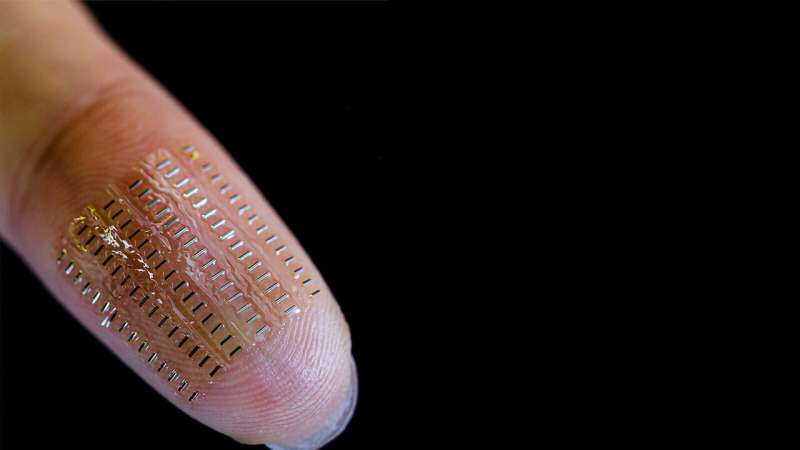The miniaturization of microelectronic sensor
technology, microelectronic robots or intravascular implants is
progressing rapidly. However, it also poses major challenges for
research. One of the biggest is the development of tiny but
efficient energy storage devices that enable the operation of
autonomously working microsystems—in more and more smaller areas of
the human body for example. In addition, these energy storage
devices must be bio-compatible if they are to be used in the body
at all. Now there is a prototype that combines these essential
properties. The breakthrough was achieved by an international
research team led by Prof. Dr. Oliver G. Schmidt, Professorship of
Materials Systems for Nanoelectronics at Chemnitz University of
Technology, initiator of the Center for Materials, Architectures
and Integration of Nanomembranes (MAIN) at Chemnitz University of
Technology and director at the Leibniz Institute for Solid State
and Materials Research (IFW) Dresden. The Leibniz Institute of
Polymer Research Dresden (IPF) was also involved in the study as a
cooperation partner.



